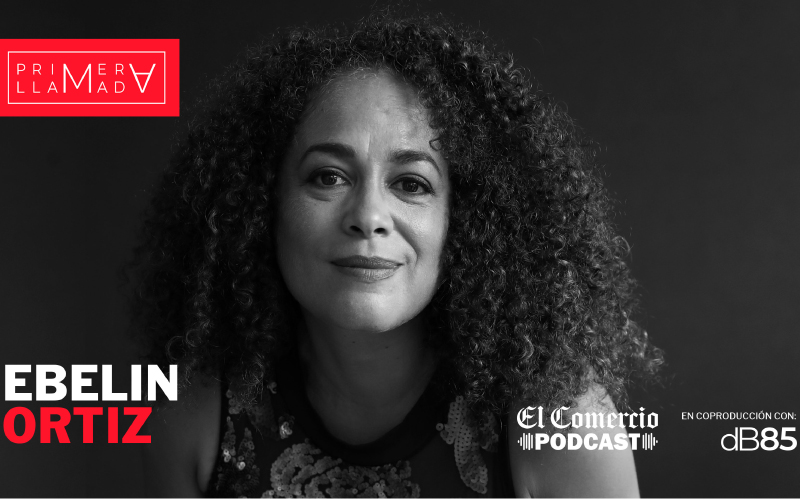Por: Juan Diego Rodríguez Bazalar
Fuente: International News Media Association
In January 2020, I started a podcast.
At that time, most Peruvian podcasts focused on conversational programmes, but I was looking for something different. I enjoyed narrative podcasts, which are story-driven, as opposed to interviews. Even though it was going to be a big challenge, it meant pursuing a dream from my college days: I wanted to do something similar to Radio Ambulante, which was the most immediate reference for Spanish speakers.
I lucked out when I met Fabricio Cerna, who founded the podcast production company Decibelio 85, in April of 2020. I shared my idea with him and he supported it. After several months of production, on October 30, 2020, Primera Llamada was born. In this podcast, we tell the stories of actors and actresses from Latin America, mostly Peruvian ones obviously, and focus on the moments that changed their lives or their ways of understanding the performing arts.
Ready to grow
Four seasons later, I wanted to expand my podcast to a new and different audience. Since I was a journalist at El Comercio, I wanted to create new seasons under its sponsorship. After presenting my ideas to Gisella Salmón, head of loyalty at El Comercio, we decided to work together and a new era of the Primera Llamada podcast began. The inspiration for this new and fresh season was Ira Glass’ This American Life and Malcolm Gladwell’s Revisionist History.
El Comercio and Decibelio 85 agreed to make three more seasons of four episodes each. To promote this podcast, marketing campaigns would be released on both companies’ social networks and the newspaper’s Web site.
New production process
To make it real, we designed eight production steps:
-
We choose the character(s) who must meet two basic journalistic criteria: They must be influencers (or point of reference in pre-determined sectors) and what they tell is something new, unknown until we reveal it. The search for the scoop marks the difference with the national competition.
-
The interview, which in many cases exceeded four hours per character. We want to know our characters in depth and learn all the different aspects of their field of work.
-
Audio transcription. We do not want to lose any important points, so we review the material in detail.
-
Scripting. This is where imagination and creativity take their course; we want to offer an interesting but familiar story.
-
Editing the story. A fresh pair of eyes is always needed, a role that Fabricio fulfilled during this time.
-
The sixth step is the location.
-
Next is sound editing by José Manuel Romero.
-
Finally, monitor the audio to make sure it is clean. Soine Díaz is in charge of managing the publication.
